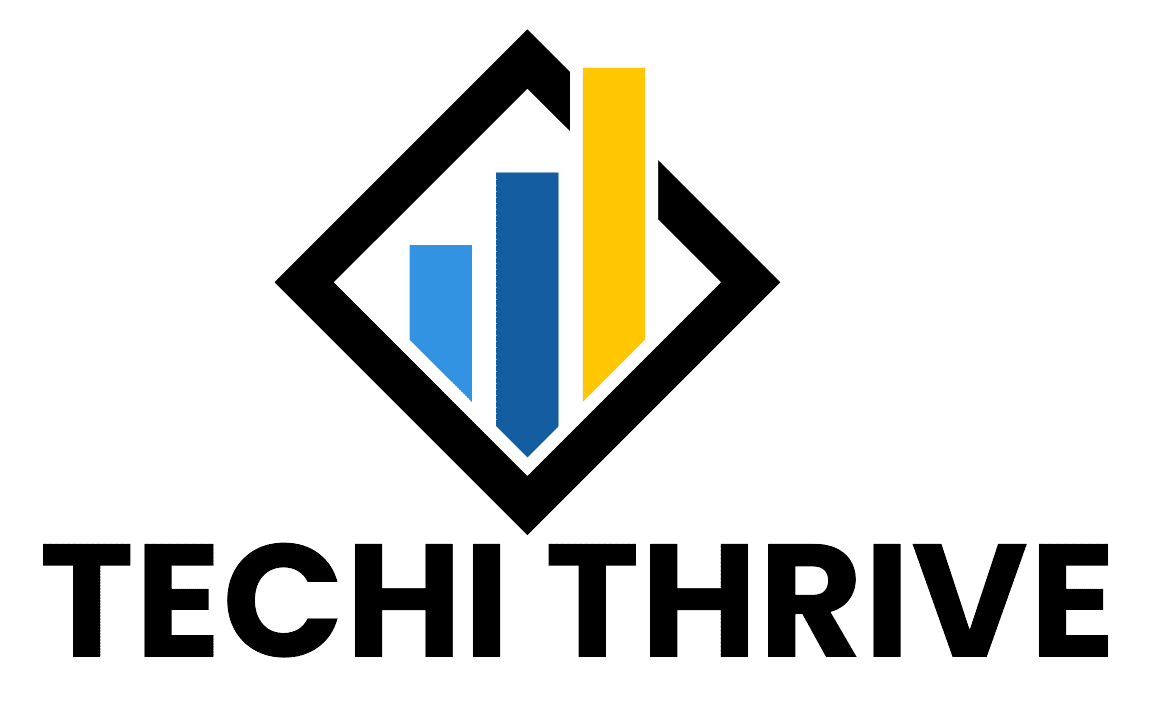Understanding how well your SEO strategies are performing is crucial for optimizing your website’s search engine visibility and overall effectiveness. Evaluating SEO performance involves tracking various metrics and using specialized tools to gain insights into your site’s strengths and areas for improvement. This guide will walk you through the essential metrics and tools you need to measure and enhance your SEO success.
1. Key SEO Metrics to Track
1.1 Organic Traffic Organic traffic refers to the number of visitors who land on your website through search engine results. Tracking this metric helps you understand how well your SEO efforts are attracting visitors.
How to Measure:
- Use Google Analytics to monitor organic traffic trends over time.
- Compare traffic from different periods to gauge the impact of your SEO strategies.
1.2 Keyword Rankings Keyword rankings indicate where your site’s pages appear in search engine results for specific keywords. Tracking these rankings helps assess the effectiveness of your keyword optimization.
How to Measure:
- Use tools like Google Search Console, SEMrush, or Ahrefs to track keyword positions.
- Monitor changes in rankings for targeted keywords and adjust your strategy accordingly.
1.3 Click-Through Rate (CTR) CTR measures the percentage of users who click on your website’s link after seeing it in search results. A high CTR suggests that your titles and meta descriptions are compelling and relevant.
How to Measure:
- Analyze CTR using Google Search Console under the “Performance” report.
- Compare CTR across different pages and keywords to identify areas for improvement.
1.4 Bounce Rate Bounce rate represents the percentage of visitors who leave your site after viewing only one page. A high bounce rate may indicate that your landing pages are not engaging or relevant.
How to Measure:
- Check bounce rates in Google Analytics under the “Behavior” section.
- Review bounce rates for specific pages to understand user behavior and make necessary adjustments.
1.5 Conversion Rate Conversion rate measures the percentage of visitors who complete a desired action on your site, such as making a purchase or filling out a contact form. This metric helps evaluate the effectiveness of your SEO in driving valuable traffic.
How to Measure:
- Set up goals in Google Analytics to track conversions.
- Analyze conversion rates for different traffic sources to assess the impact of your SEO efforts.
2. Essential SEO Tools for Performance Evaluation
2.1 Google Analytics Google Analytics is a comprehensive tool that provides data on traffic sources, user behavior, and conversions. It is crucial for understanding how visitors interact with your site and the impact of your SEO strategies.
2.2 Google Search Console Google Search Console offers insights into how Google crawls and indexes your site. It helps identify technical issues, track keyword performance, and monitor search visibility.
2.3 SEMrush SEMrush is a versatile SEO tool that provides detailed insights into keyword rankings, backlinks, and site audits. It’s useful for competitive analysis and tracking your SEO performance against competitors.
2.4 Ahrefs Ahrefs is known for its robust backlink analysis and keyword research capabilities. It helps you understand your site’s backlink profile and keyword performance in detail.
2.5 Moz Moz offers a range of SEO tools designed to help with keyword research, site audits, and link building. Its user-friendly interface and insightful reports make it a valuable resource for SEO performance evaluation.
3. Interpreting and Acting on SEO Data
3.1 Analyzing Trends and Patterns Look for trends and patterns in your SEO data to identify what’s working and what needs improvement. Regularly review your metrics to make data-driven decisions and refine your strategies.
3.2 Setting and Adjusting Goals Based on your performance data, set realistic SEO goals and benchmarks. Continuously adjust your strategies to align with your objectives and respond to changes in search algorithms or market conditions.
3.3 Continuous Improvement SEO is an ongoing process. Use the insights gained from your metrics and tools to make continuous improvements to your website, content, and SEO strategies.
Conclusion: Optimizing Your SEO Success
Evaluating SEO performance is essential for understanding the effectiveness of your strategies and making informed decisions. By tracking key metrics and utilizing the right tools, you can gain valuable insights into your site’s performance, identify areas for improvement, and enhance your overall SEO efforts. Regularly assess your SEO performance to ensure you stay on track and continue to achieve your search engine visibility goals.




